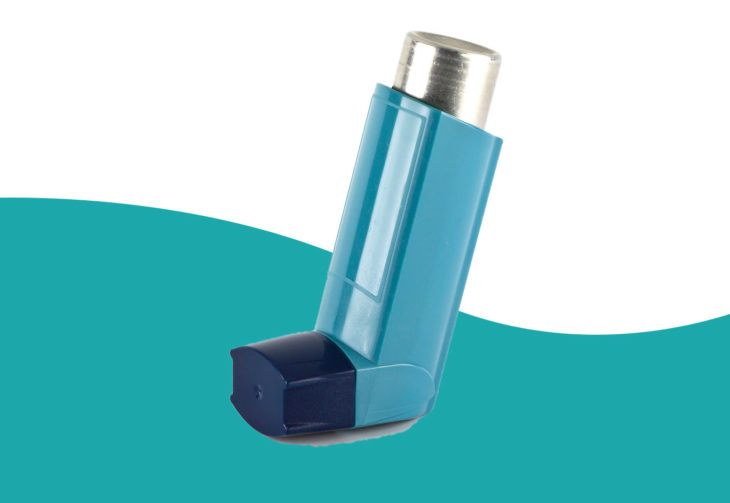A fish out of water is a frightening sight — desperate wide eyes, mouth gaping open and lungs struggling for oxygen. In the emergency room, I see patients who look similar — frightened asthmatics struggling to get air past their swollen breathing tubes. It’s scary for them, and for me as well. Nationally, 10 people die every day from asthma attacks, affecting all ages.
When the body detects something entering the lungs that it doesn’t like, it reacts by squeezing down on the small airways, called bronchi, to try to keep those irritants out. This narrowing is what causes the characteristic wheezing sound — air rushing through the diminished tubes. In addition to squeezing, the bronchi cells also increase their production of mucous to try to capture the allergens. This increased mucous causes more obstruction of the airway. Besides the wheezing, symptoms include a sense of breathlessness, tightness in the chest and a non-productive cough.
About 8 percent of Americans suffer from asthma — a number that’s been fairly steady for the past 20 years. Most patients with asthma have symptoms beginning in childhood; the condition ranks third among reasons for children to be admitted to a hospital. Nearly 10 percent of children from ages 5-14 have had at least one asthmatic episode. About half of these children will continue to have asthma into adulthood. The smaller air tubes of young people make them more sensitive, so what might be a minor or unnoticed episode in an adult produces a much larger effect in children.
Various factors increase the likelihood of asthma. Heredity and cigarette smoking lead the list, including prenatal cigarette exposure. For some women, asthma seems to be hormone related, linked to menstrual cycles and pregnancy. Many people have seasonal asthma induced by cold weather or seasonal allergens. Multiple irritants may trigger an asthma episode. These include exposure to viruses, emotional stress, airborne pollutants, pet dander, mold, cigarette smoke, fumes from household cleaners or paint, perfumes, cockroach dust, feathers, pollen, ozone, cold air and exercise.
Although asthma is incurable, it’s certainly treatable. The most common medication used for this condition is called albuterol, delivered as an aerosol directly into the lungs. Most effectively given in a breathing machine called a nebulizer, on reaching the breathing tubes it induces relaxation in the muscles that have squeezed the tubes, thus opening the airway. It has an immediate effect, from seconds to minutes. It also is available in small, portable containers called rescue inhalers, which deliver much smaller quantities of albuterol that are quite effective for mild attacks.
Because asthma often is caused by allergen response, anti-allergen medications work quite well. Montelukast (brand name Singulair), taken once daily, dramatically reduces both the severity and intensity of asthma attacks. Steroids also reduce asthma frequency; however, they have more side effects and may produce rebound asthma when discontinued. They are most effective when given as an inhaler, such as Flovent or Pulmicort. However, these are not rescue inhalers and will not give the immediate relief albuterol provides.
Although asthma often is allergen induced, it does not respond to antihistamines. Some literature suggests they can dry out the airways, but most physicians feel they’re neither helpful nor harmful for asthmatics. About 10 percent of people with asthma are sensitive to aspirin or non-steroidal pain medicines like naproxen or ibuprofen. These patients should avoid these, using Tylenol for pain, but other asthmatics are not bothered by these drugs and can use them safely.
Asthma is a common disease and a potentially fatal one. A mild attack can become severe quickly, so if you or your loved one has an attack that is not responding to medications, come directly to the emergency room. Proper therapy can prevent attacks, treat those that occur and save lives.
Dr. Philip L. Levin is an emergency medicine specialist in Gulfport. He can be contacted at (228) 867-4000.



